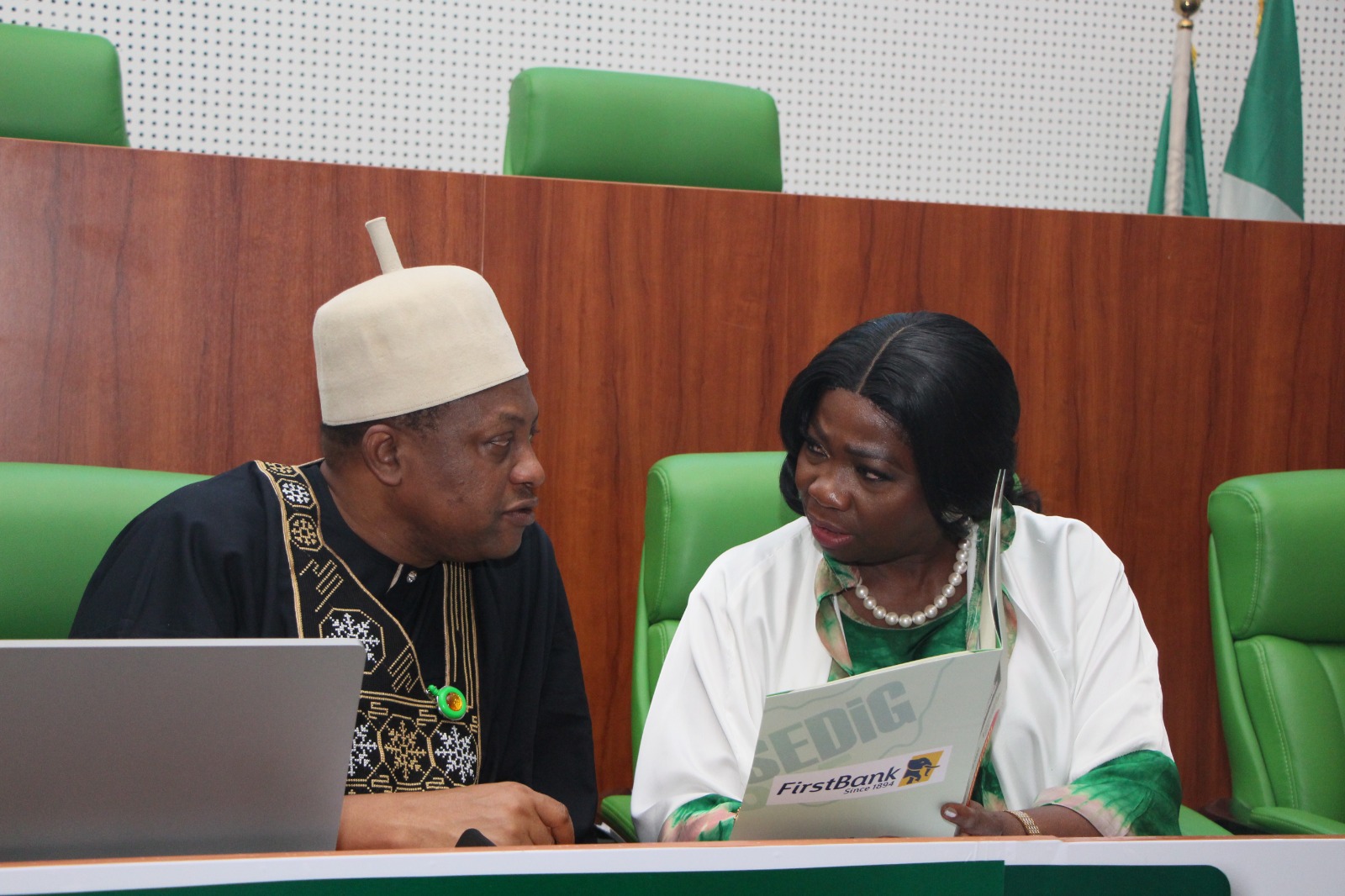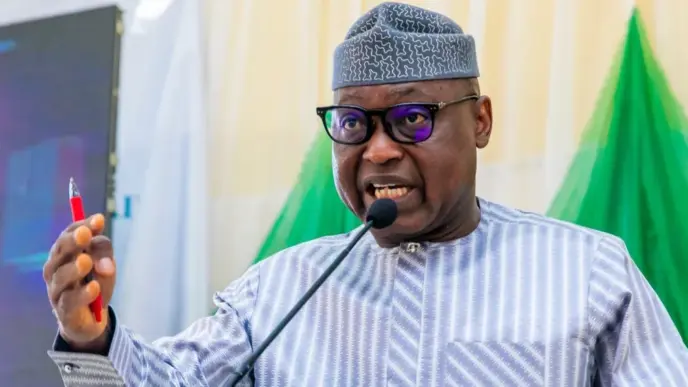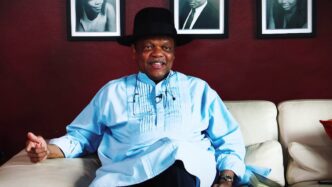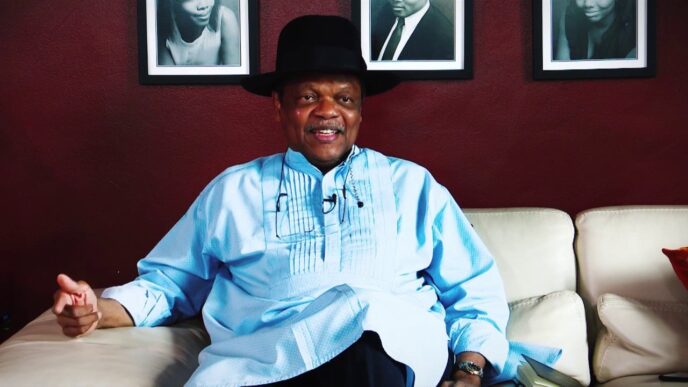The Nigerian government plans to advance the Diaspora Voting Bill, aiming to give Nigerians residing abroad the constitutional right to vote in national elections.
The announcement was made on Monday by the Speaker of the House of Representatives, Tajudeen Abbas, during the Nigerian Stakeholders Engagement on Diaspora Governance held in Abuja.
The event also featured the unveiling of the Nigerians in Diaspora Response (NiDRes) mobile app and website — a joint project of the House Committee on Diaspora and the Nigerians in Diaspora Commission (NiDCOM).
According to a statement by NiDCOM spokesperson Abdur-Rahman Balogun, the speaker reiterated the government’s dedication to ensuring that Nigerians in the diaspora are given the opportunity to contribute to the democratic process.
Abbas, represented by Patrick Umoh, described the move as an important step toward inclusive governance and ensuring that every Nigerian has a voice in shaping the nation’s future.
He hinted that the 10th House of Representatives is prioritising diaspora engagement as part of its agenda to promote accountability, reform, and citizen inclusion.
The Chairman of the House Committee on Diaspora, Tochukwu Okere, explained that the NiSEDiG 2025 initiative aims to develop a comprehensive policy framework that connects institutions, legislation, and technology to enhance diaspora governance.

He noted that the newly launched NiDRes app and website would simplify access to government services for Nigerians abroad while improving communication between citizens and Nigerian missions worldwide.
In her keynote address, NiDCOM Chairman/CEO Abike Dabiri-Erewa highlighted the achievements of the commission since its inception six years ago.
She said the Nigeria–Diaspora partnership has recorded remarkable growth in areas such as health, education, agriculture, ICT, and volunteerism, adding that the current phase is focused on consolidating these gains to foster national development.
Dabiri-Erewa also recalled the Federal Executive Council’s approval of the National Diaspora Policy in April 2021, which provides a structured framework for involving Nigerians abroad in nation-building efforts.
She further noted that the Diaspora Data Mapping Portal, introduced in June 2021, continues to support government planning and decision-making through accurate data.
Emphasising the diaspora’s economic value, Dabiri-Erewa pointed out that remittances remain Nigeria’s largest source of foreign exchange, totalling $23.81 billion in 2019, or about 6% of the nation’s GDP.
Meanwhile, the Independent National Electoral Commission (INEC) has repeatedly called for a constitutional amendment to allow Nigerians living overseas, along with specific groups within the country, to vote in future elections.


 Trending
Trending 






